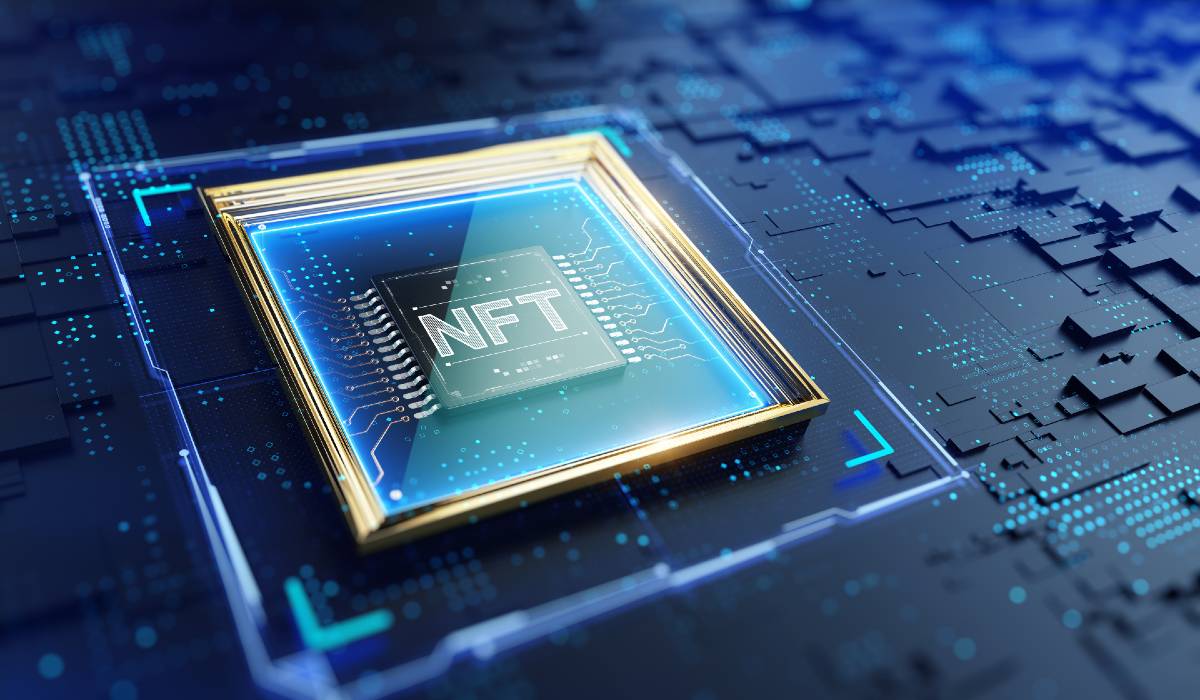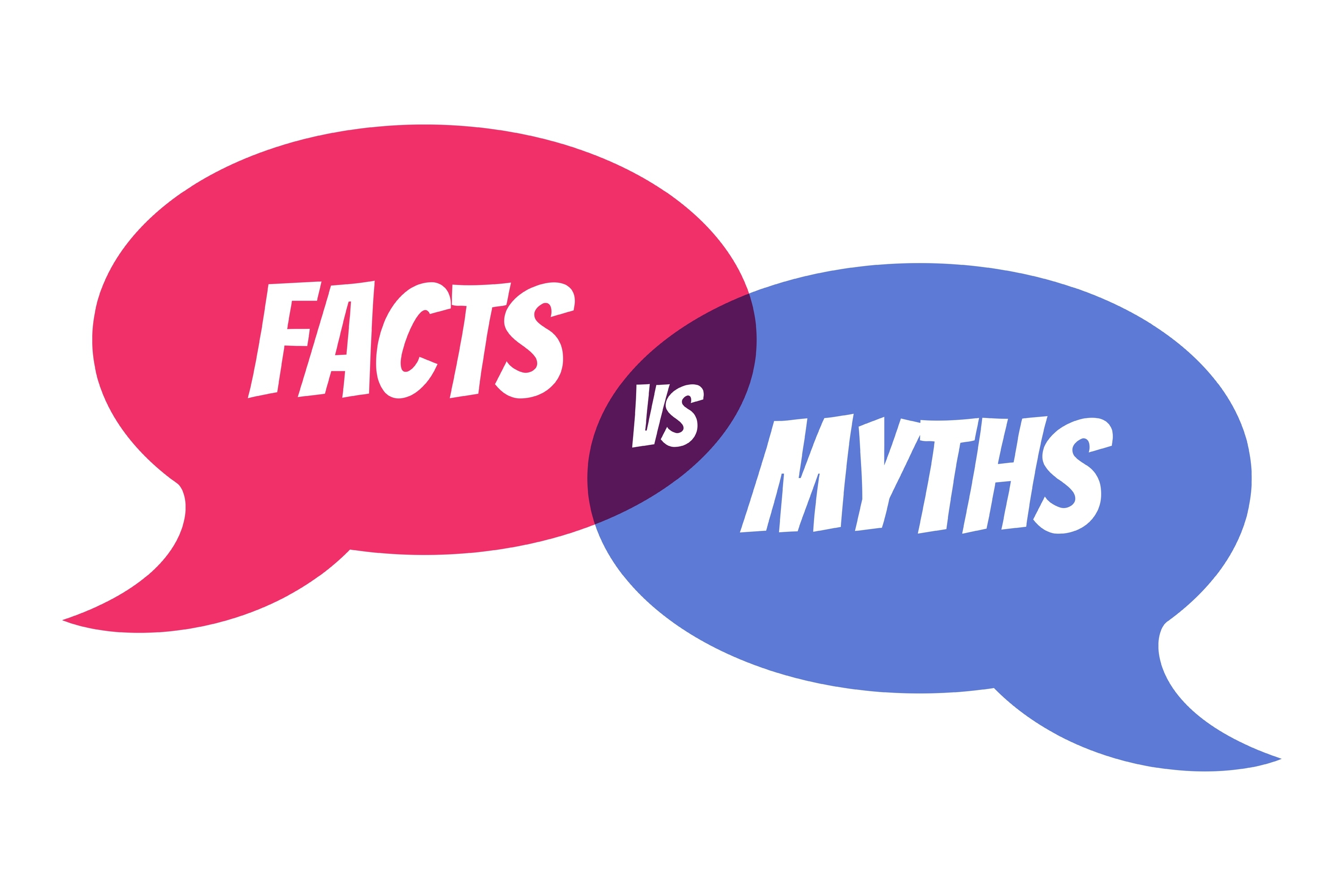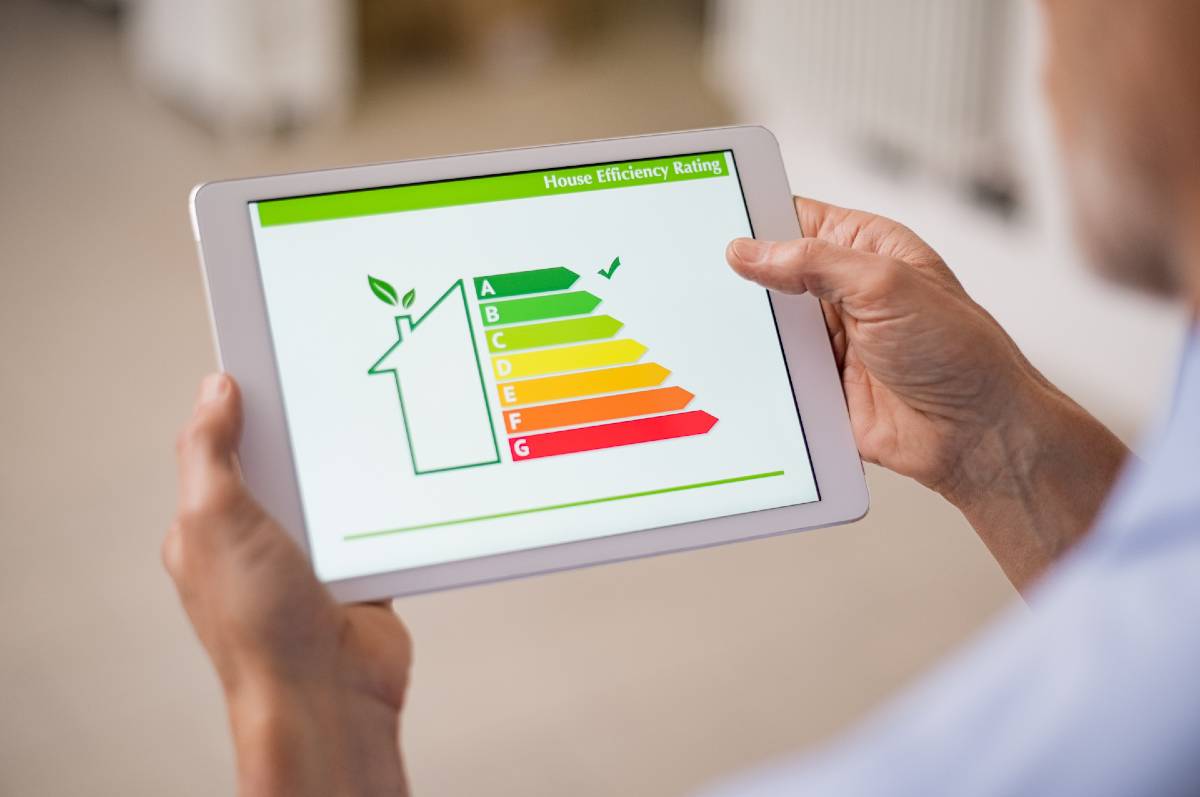
News outlets are reporting that a home in Gulfport, Florida, was put up for auction for non-fungible token (NFT). The property was subsequently transferred for about 210 Ethereum, a type of cryptocurrency, which converted in cash to approximately $631,790.
Although the transfer was billed as the first property exchange using cryptocurrency, the truth is hundreds of properties have been transferred with cryptocurrency, although this is the first using NFT, where an actual “coin” or “token” of real estate was produced.
Like traditional cryptocurrencies such as Bitcoin, NFT is a unit of data stored on a blockchain. However, unlike most cryptocurrencies that are equally interchangeable, each NFT represents an underlying asset. According to a Forbes Advisor article “an NFT is a digital asset that represents real-world objects like art, music, in-game items and videos.” In fact, NFT gained popularity specifically in the world of art and music.
Real estate seems to fit the NFT exchange model in the same way, since the transfer is also of a “real-world object.”
According to news reports, this was the process:
- Bidders on the property had to have cryptocurrency worth at least 650,000 in a “crypto wallet”
- Ownership of the house was transferred to a limited liability company
- Ownership of the LLC was automatically transferred to the auction winner
- Payment was immediately transferred to the seller’s digital wallet
The process was managed by Propy, a Silicon Valley company, led by CEO Natalia Karayaneva. Propy was designed to automate the real estate sales process, allowing the transfer of property to take place entirely online. Our own Aaron Davis has worked with Propy in the past, even posting a blog about his experiences.
Though it all appeared instantaneous at the moment of the bid and the transfer, the usual activities took place prior to the auction process, including prospective buyers visiting the home and reviewing the relevant paperwork. And on the title side, Propy handled the required title work on the property prior to the auction.
Handling cryptocurrency funded real estate purchases is not for the faint of heart. There are many things to consider and processes to set up to manage the out-of-the ordinary steps in the transaction.
FAN/AMD CEO Aaron Davis took a deep dive on cryptocurrency closings in 2018 when the first transaction took place in the U.S., discussing title insurance underwriting requirements, creating a crypto escrow account, a Bitcoin to USD conversion account and obtained a certification for Anti-Money Laundering/Know Your Customer (AML/KYC) in order to manage more sophisticated foreign and crypto transactions.
We’d suggest that title agents do their research now to understand what they need to put into place to facilitate these transactions for their customers. This won’t be the last cryptocurrency transaction in real estate—far from it. This is especially true in Florida, where real estate transactions with foreign investors take place every day of the week; the transactions most likely to employ cryptocurrency.
Want to brush up on blockchain and cryptocurrency? Check out Aaron’s PowerPoint Presentation (flagency.net).












